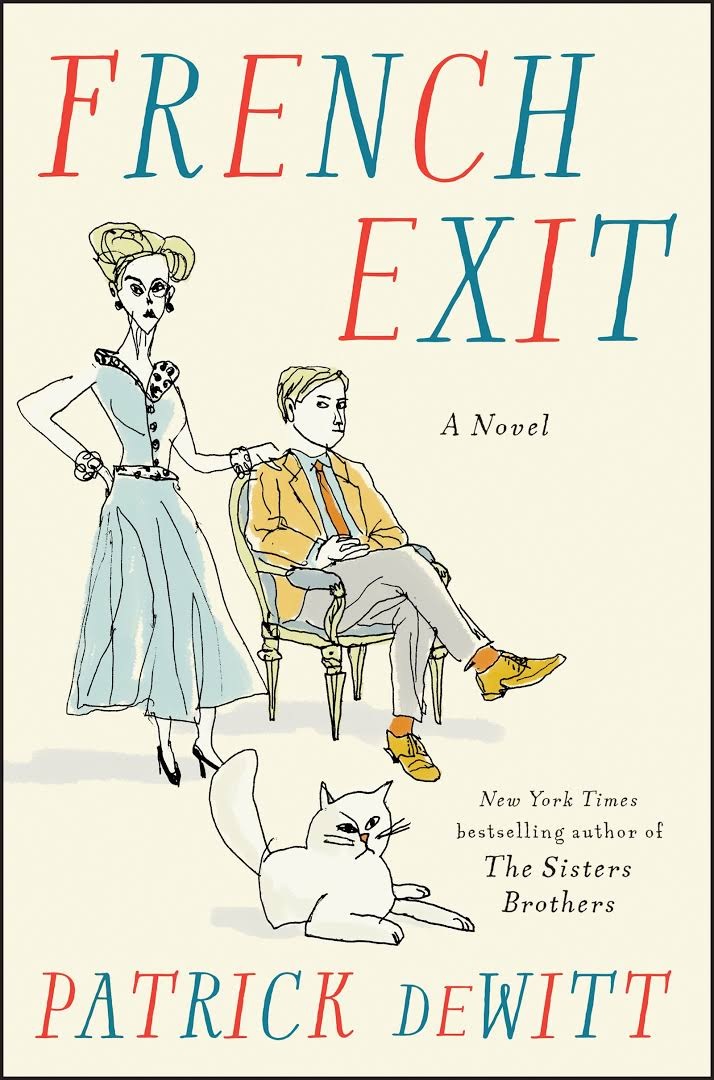
Patrick deWitt (
Undermajordomo Minor) and his trademark irony return in a pithy tragicomedy touched by the absurd.
Bon vivant widow and devout cynic Frances Price and her codependent adult son, Malcolm, are out on the streets of Manhattan after their inheritance runs out. The family's financier recommends selling their possessions and using the profits to start over, but Frances has "never generated money, but only spent it." After the liquidation of their assets, mother and son quietly sneak out of their suites at the Four Seasons without paying their bill and skip the country on a passenger ship bound for France.
Malcolm leaves behind his fiancée, Susan, who still loves him even though she admits he's a "pile of American garbage" and a "lugubrious toddler" who will always choose his mother first. Frances leaves behind a scandal surrounding her seemingly callous reaction to the death of husband Frank years ago. With them comes Small Frank, a housecat who houses Frank's spirit, according to Frances. Crashing at the vacant apartment of Frances's best friend, Joan, the Prices grapple with ennui, existential crises, and the unwanted friendship of lonely expat Mme Reynard, whose kindness falls on the Prices' ears like a foreign language. When Small Frank goes missing, the resultant panic beckons a host of houseguests including a private investigator, a clairvoyant and a doctor who brings his winemonger on house calls.
Whether bedeviling authority figures or holding a séance to find their missing cat, the Prices have no idea how to commit the sin of being boring. While their excesses of behavior frequently cross into the territory of the ridiculous, deWitt keeps mother and son from becoming unsympathetic by imbuing the pair with a tragic history. Through the lens of the past, the reader learns that larger-than-life Frances hides a history of heartache under a brassy veneer of caprice and money. While Malcolm lives in a state of adult adolescence, his attachment to his mother stems as much from genuine fondness as from her refusal to let him grow up.
Though a Paris escape sounds like a fantasy come true, touches of unrest creep into the idyll, particularly as Malcolm and Frances watch the immigrants who frequent the park outside their borrowed home. The screwball story winds up in a manner more manic than gleeful, ultimately uncoiling in an emotional conclusion as unexpected as it is inevitable. Named after a colloquialism for leaving a party without saying goodbye,
French Exit provides laughter but finishes with a small, deep cut to the reader's heart. --
Jaclyn Fulwood, blogger at Infinite Reads
Shelf Talker: In this absurd tragicomedy of manners, a wealthy, eccentric widow and her codependent adult son escape to Paris after losing their fortune.








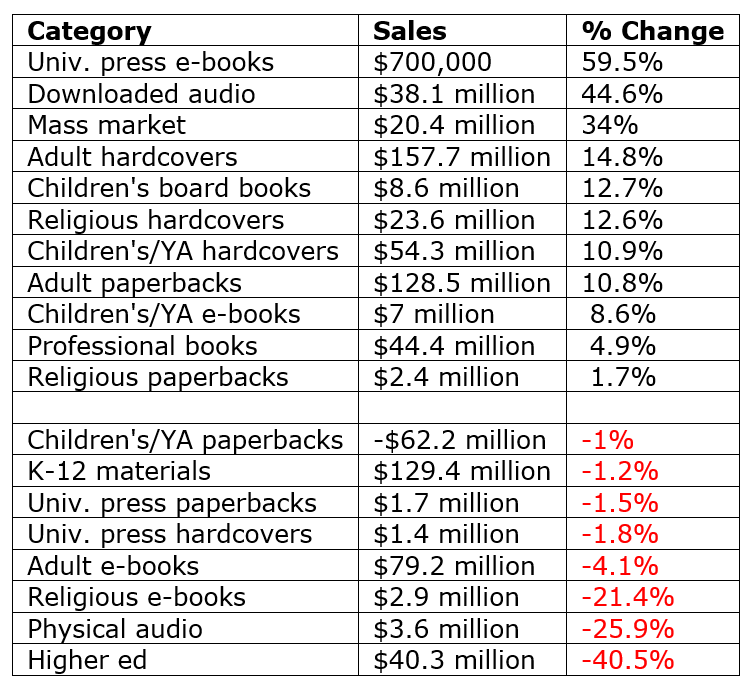



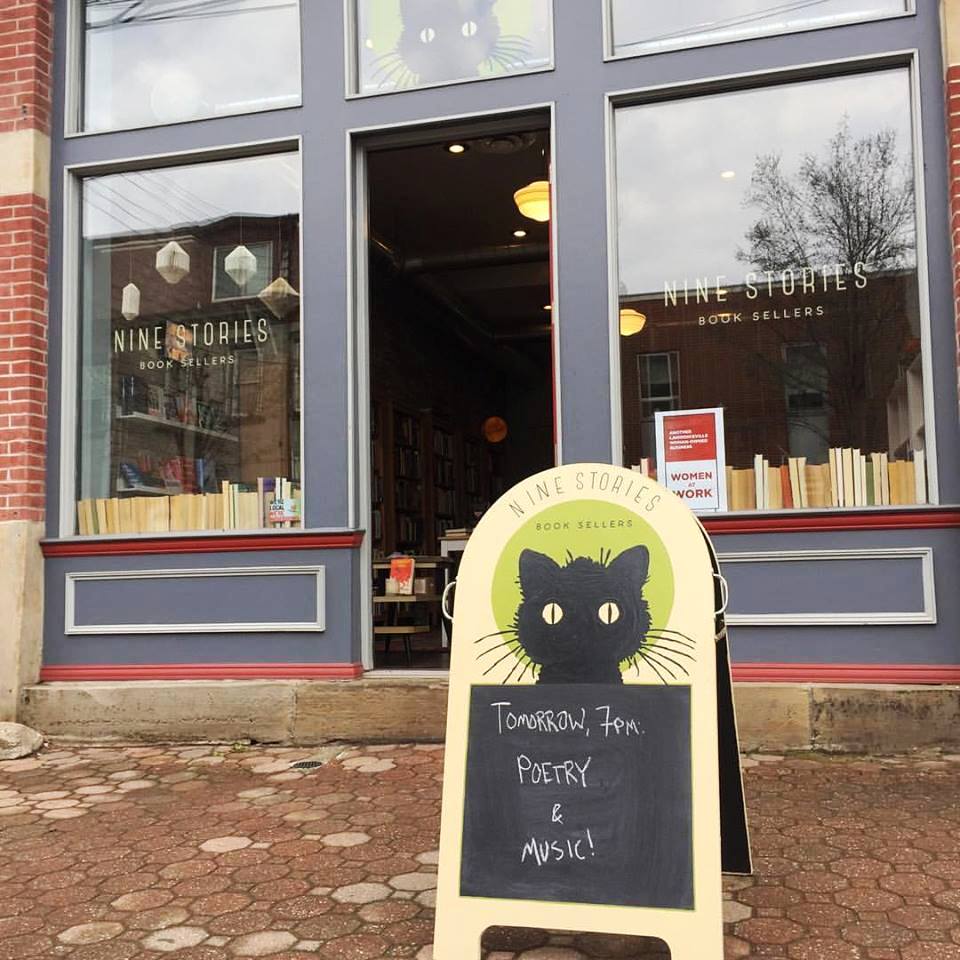

 Industry veteran and current Abrams national accounts director
Industry veteran and current Abrams national accounts director 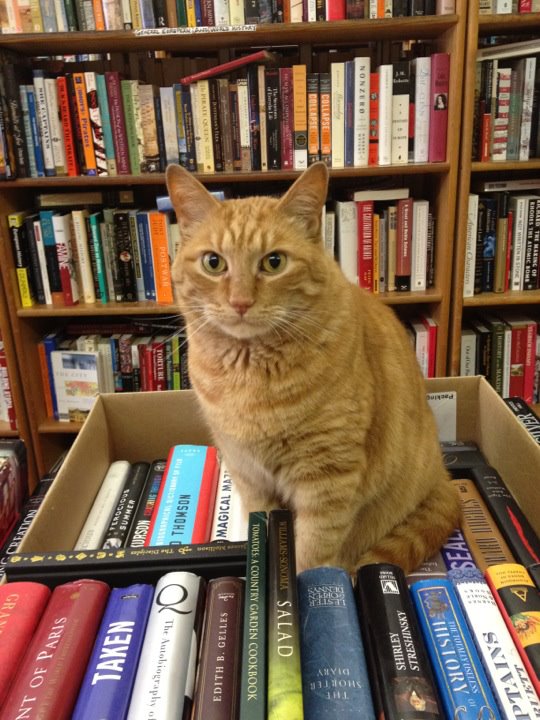
 "Ever wonder what the books whisper to each other when the store is closed?"
"Ever wonder what the books whisper to each other when the store is closed?" 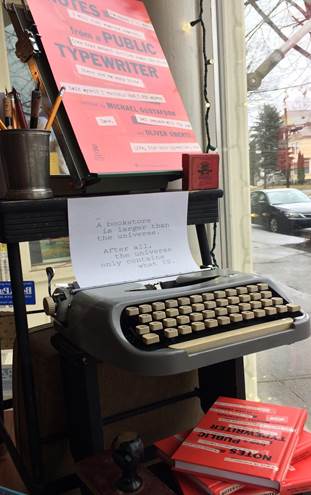 Congratulations to
Congratulations to  Patrick deWitt (
Patrick deWitt (